When starting a new hobby, especially gardening, making mistakes is a rite of passage. Mistakes are essential in the learning process and help you grow in your experience! While it may be impossible to have a perfect gardening experience in your first few years, here is some advice on the most common mistakes and how to avoid them.
1. Over and under watering
It’s no secret that plants need water to survive, but finding the right amount of water to keep your plants happy and healthy can be a challenge. As a general rule, it is best to provide deep, intermittent watering or provide your garden with a few inches of water weekly, keeping in mind any rain events or prolonged dry spells. Allowing soil to have time to dry between waterings can help prevent soil diseases that cause root rot and encourage roots to grow deeper into the soil.
Also, educate yourself on the plants you grow because different crops have different water needs. Ensure you have the right tools to make watering easy and give you the coverage needed. Our collapsible watering can with an adjustable nozzle is perfect for small or container gardens. Best of all, when you’re done, the bladder contracts and the nozzle folds up for east storage.
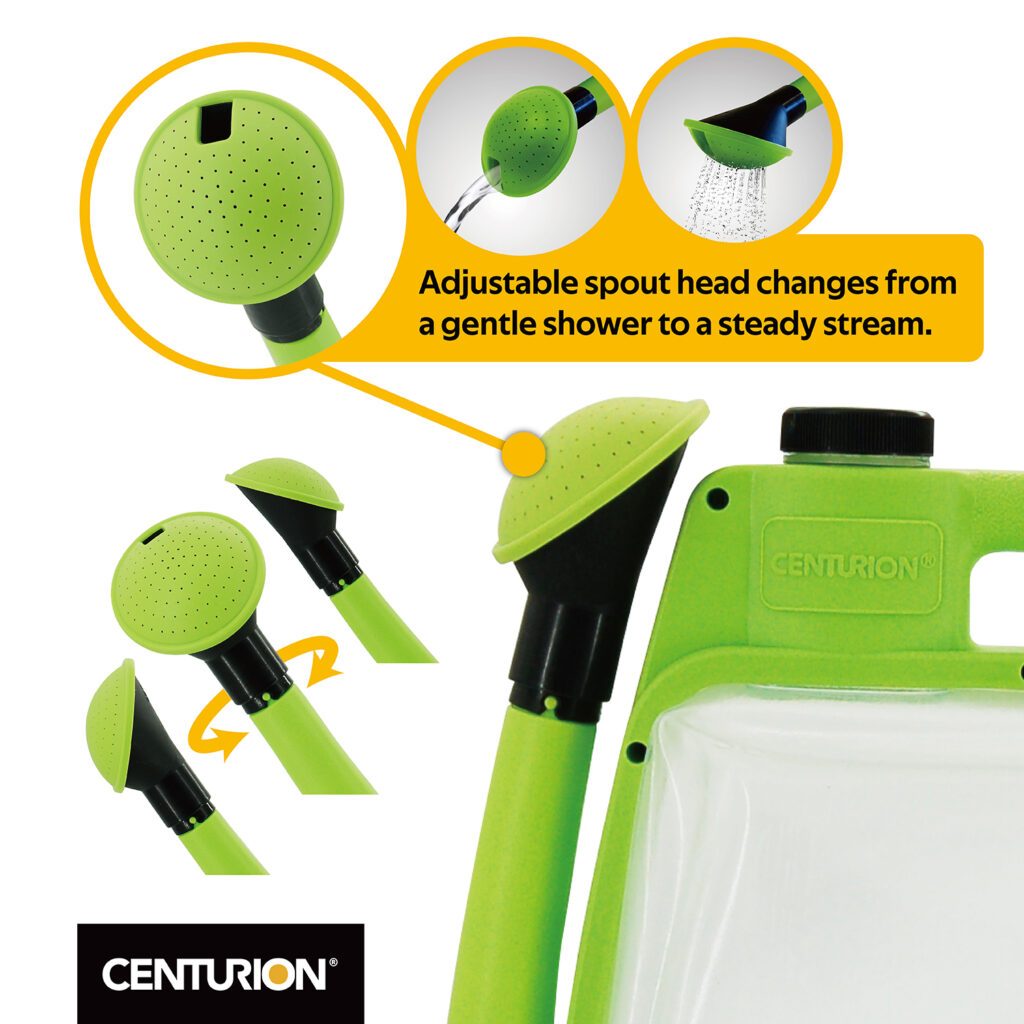
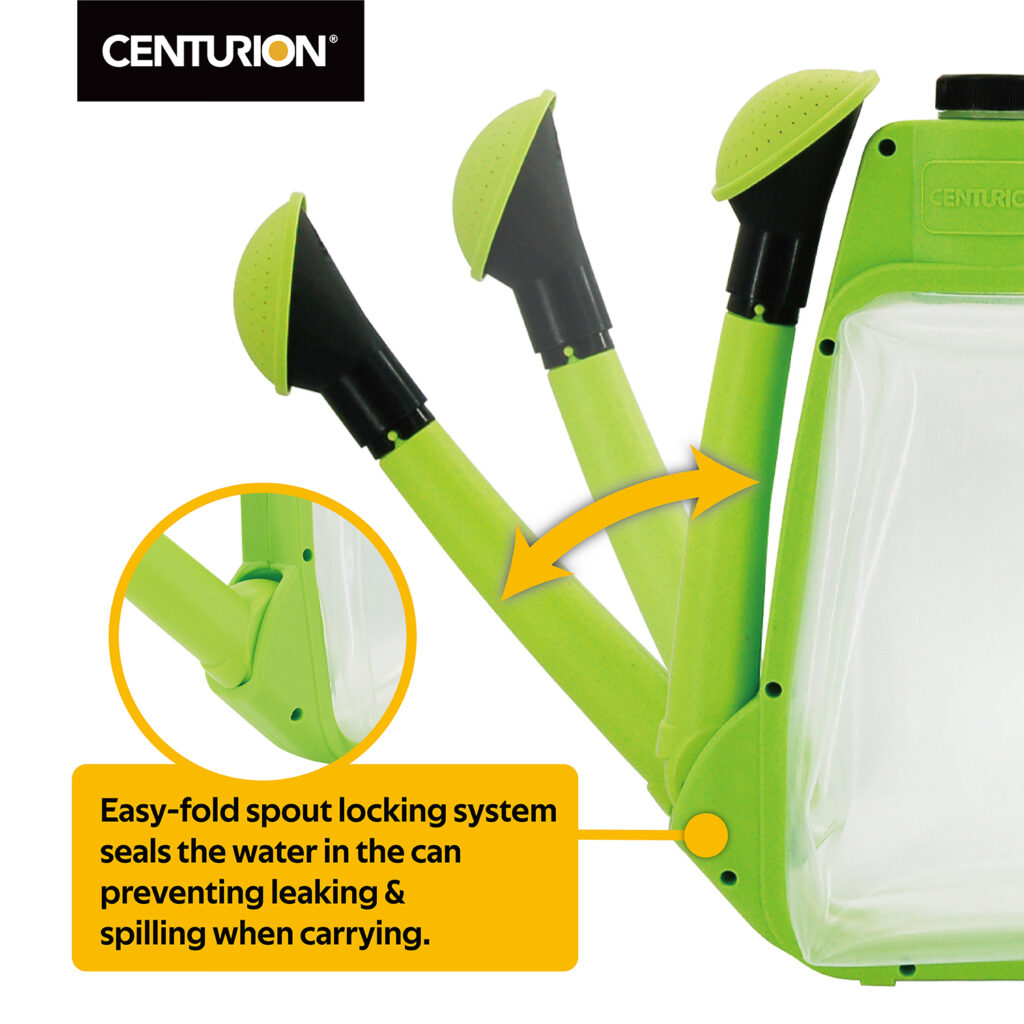
#1407、#1408 Foldable Water Can
Not having a plan
It is easy to start too big and get overwhelmed without a plan. Start with a smaller, more manageable goal, getting comfortable with a few plants before expanding. It’s admirable to want to create a grand design, but allow yourself to grow and learn first.
No matter how big or small you start, create a plan and have an idea of what things you’d like to track during these early stages in your gardening journey. There will always be things that work and things that don’t, so the more you track, the better. Future you will be grateful.
Skipping weeding
Any gardener will tell you that keeping up with weeds can be a challenge, but this is not a garden chore to skip. Pulling weeds when they are young and small keeps the garden looking clean, avoids resource competition with your crops, and stops weeds from spreading.
Stay on top of it by taking daily walks around the garden with gloves and a bucket. That way, you can pull any weeds before the garden gets overgrown. For tougher, bigger weeds, use a cultivator or hand rake to loosen the soil before removing them.
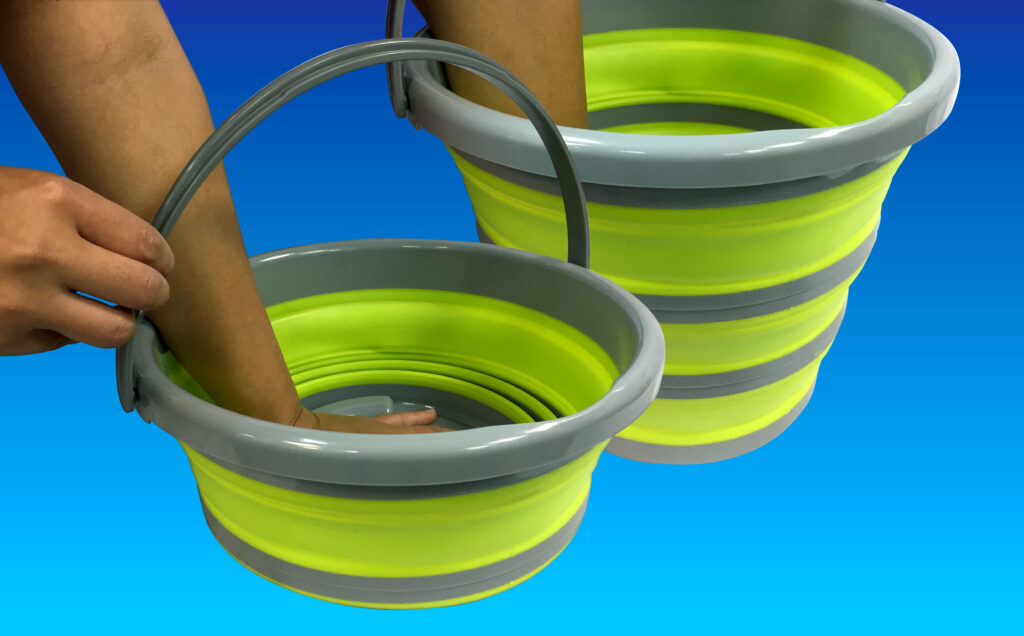
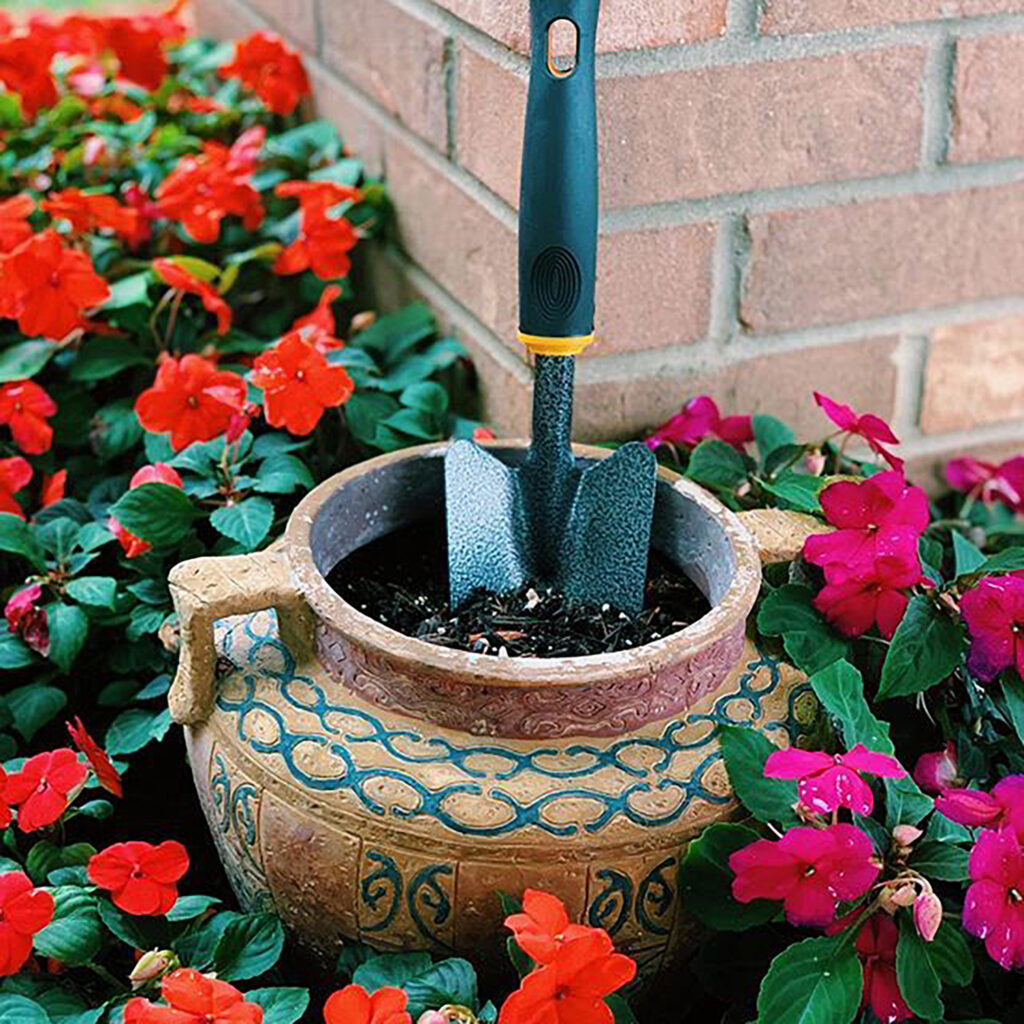
#1402、#1403 Collapsible Bucket
#485 5pcs Hand Tools - Trowel
Fretting about pests and diseases
While many pests and diseases can stir up trouble in the garden, many of them are preventable and manageable with regular inspections and treatments.
Several natural or organic sprays can target general insect munchers and/or general leaf diseases. Inspect your garden weekly and keep an eye out for unwanted pests and diseases. If you notice either above a reasonable threshold, use a handheld spray bottle like our battery-powered sprayer to treat.
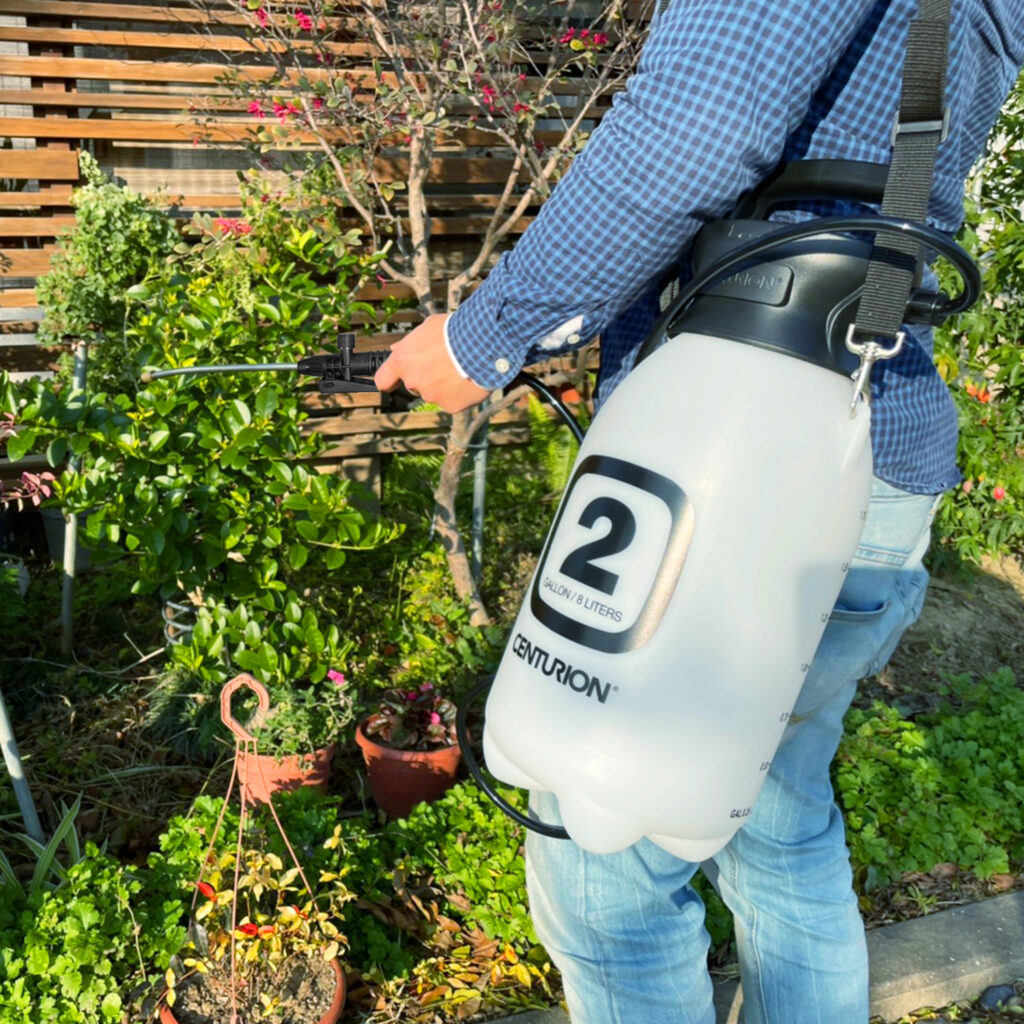
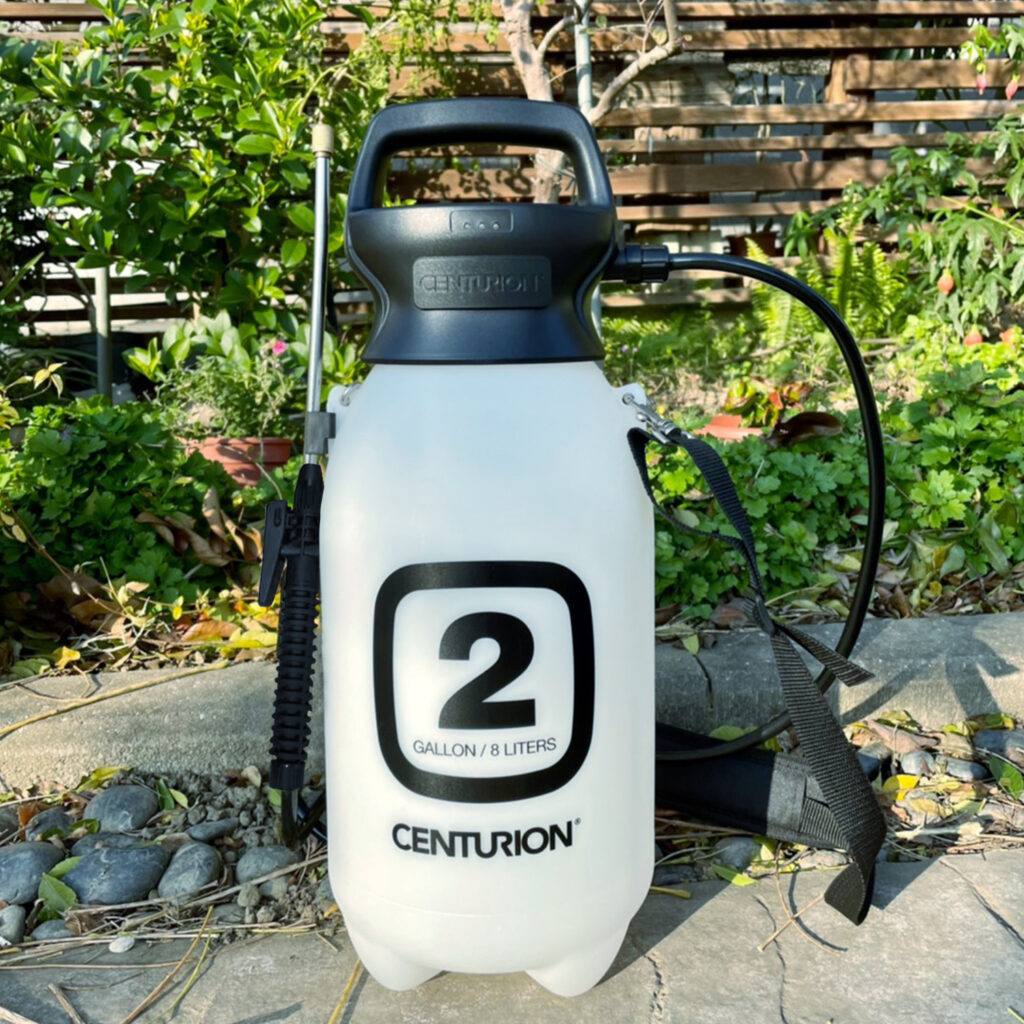
#1613 Battery sprayer w on-off lever
Not preparing the soil
We all know plants need water, sunlight, and soil to survive, but many new gardeners don’t realize how important the soil is. By amending the soil with soil additives like compost or fertilizer, plants are more likely to thrive in their environment.
Don’t let it get too complicated! Start by combining compost to the existing soil and with a shovel. If you are working in a smaller plot, use hand tools like a rake to properly incorporate the amendments.
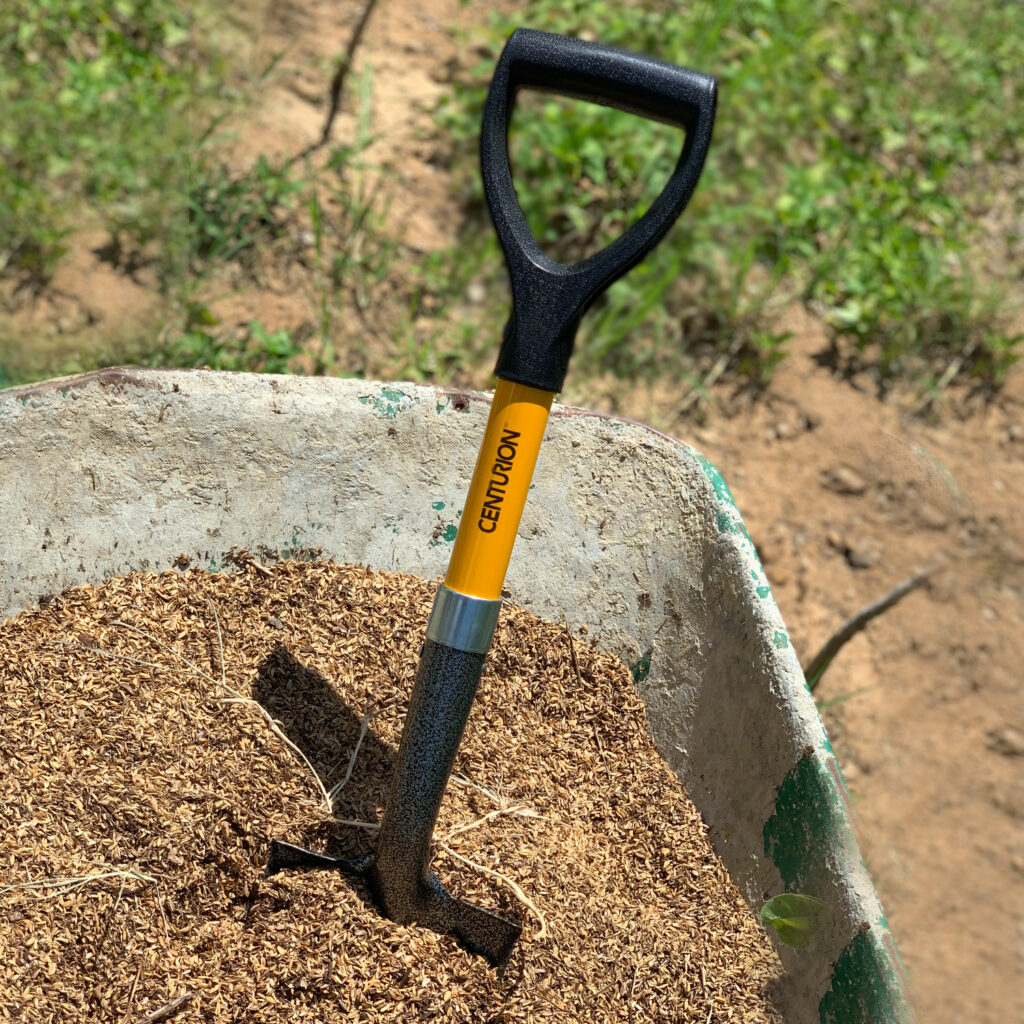
#761 D-Handle Round Point Shorty Shovel
Everyone starts as a new gardener, so never feel like you’re too late to pick up a trowel. There are plenty of resources available, and gardeners always love sharing their knowledge with new friends. Keep these tips in mind, and enjoy a fruitful season!

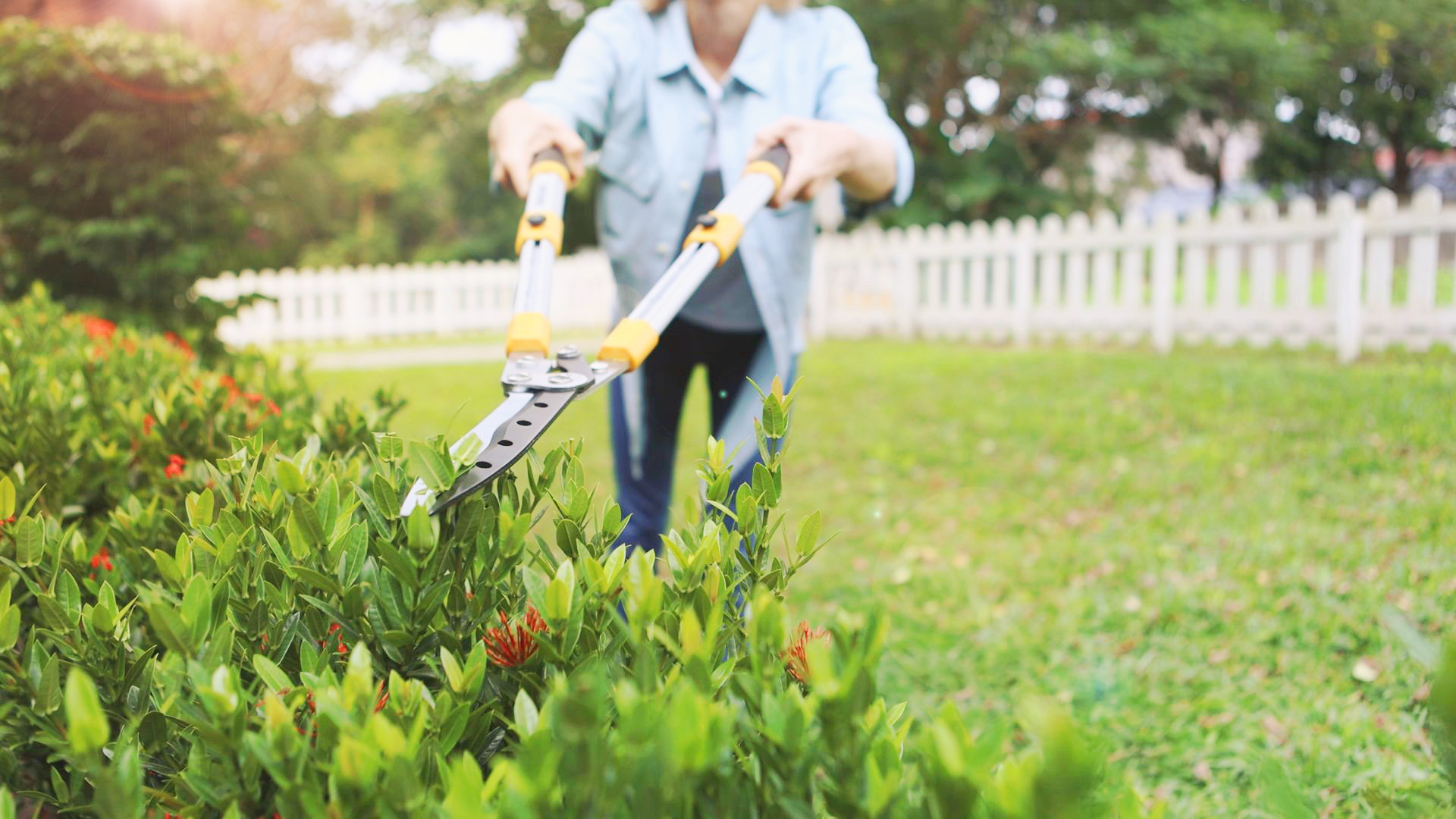
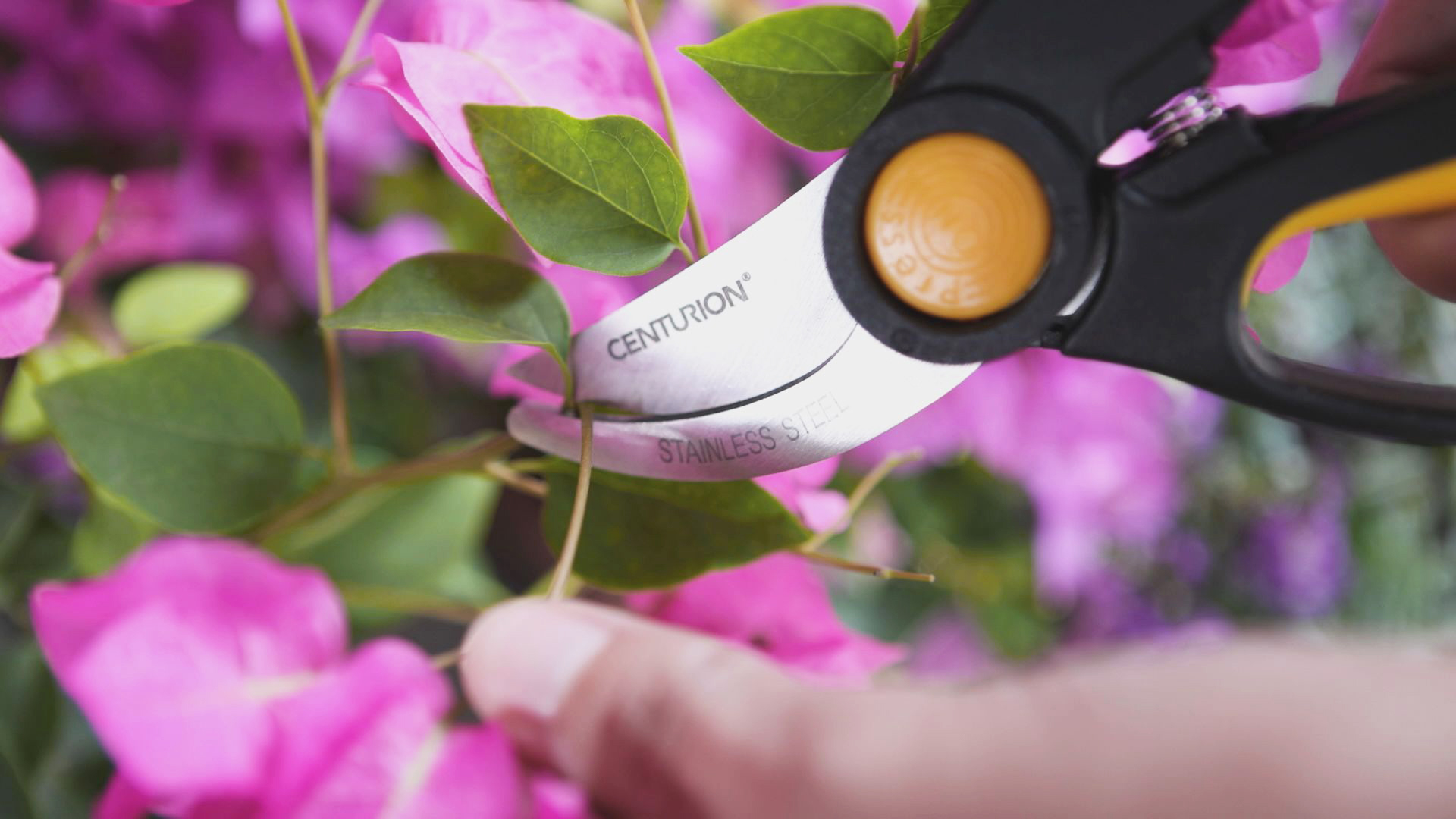
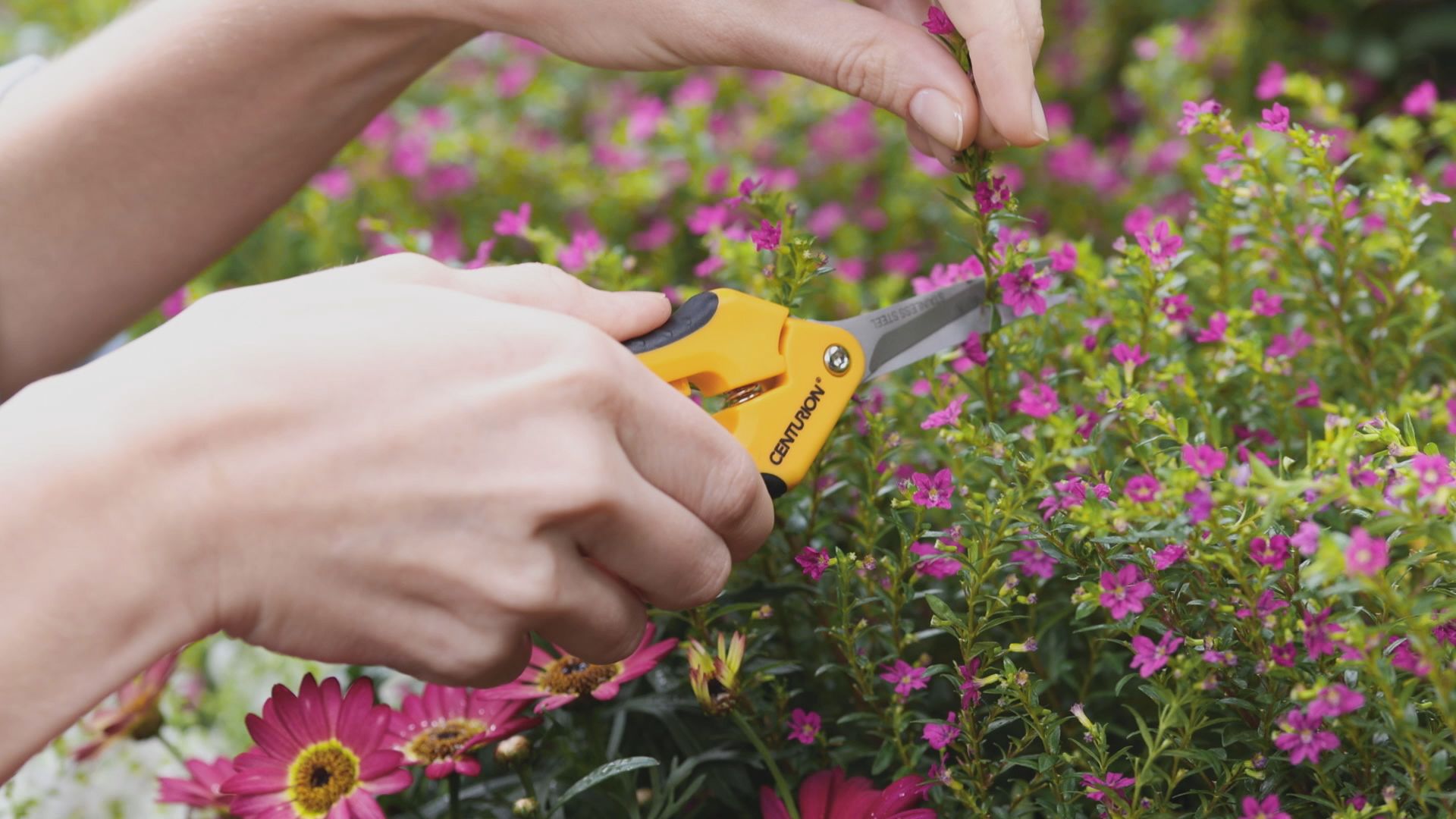
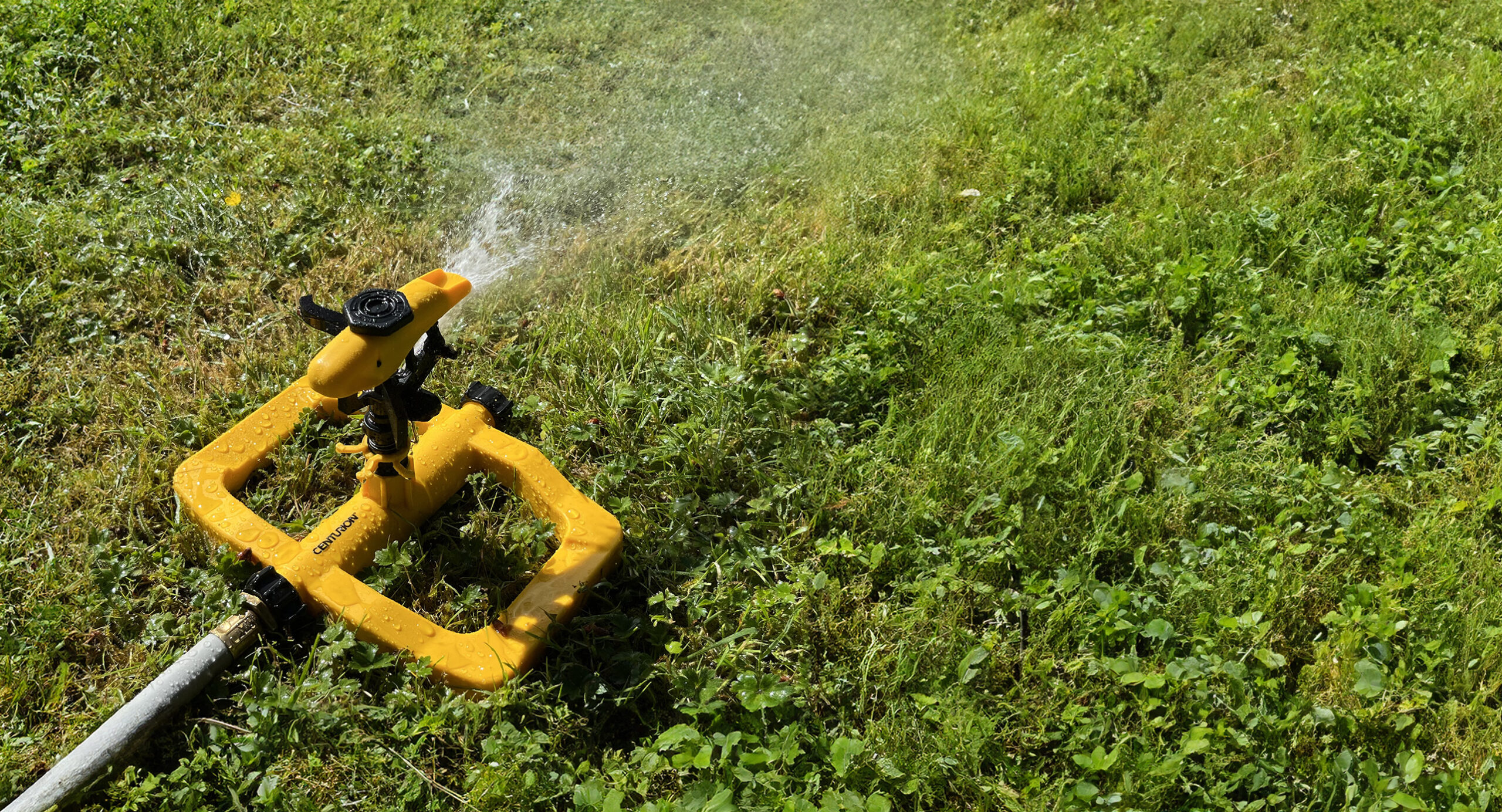
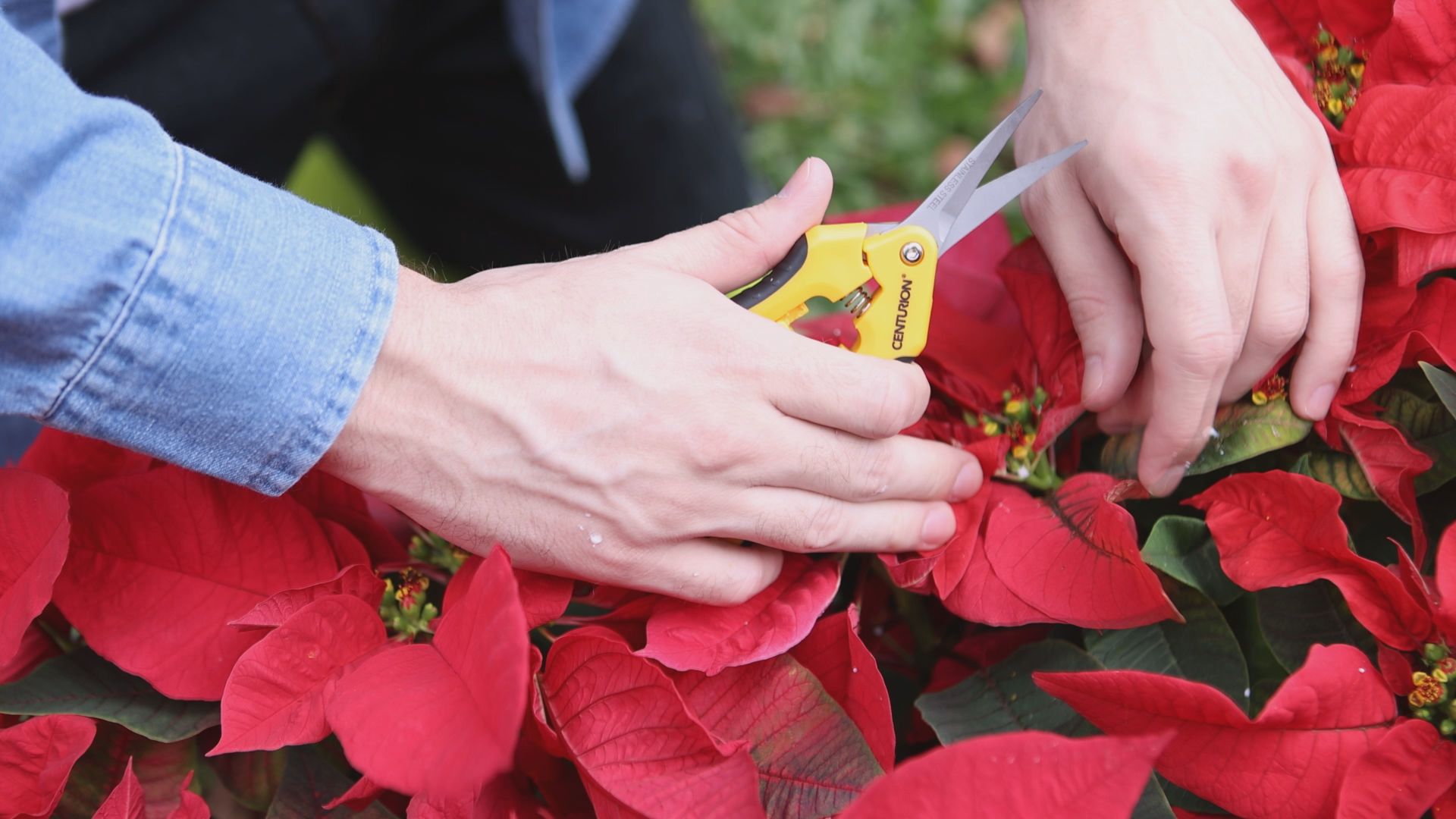
One thought on “5 Mistakes New Gardeners Make and How to Avoid Them”
Amazing! Its really amazing piece of writing, I have got much
clear idea concerning from this article.